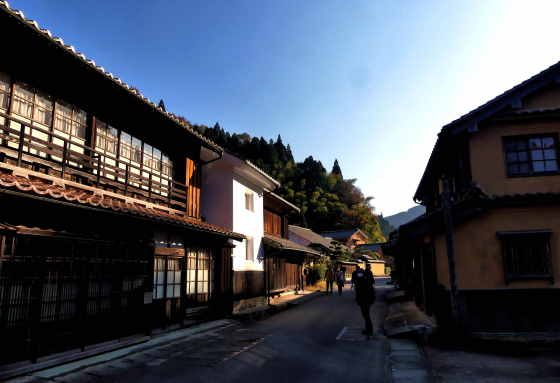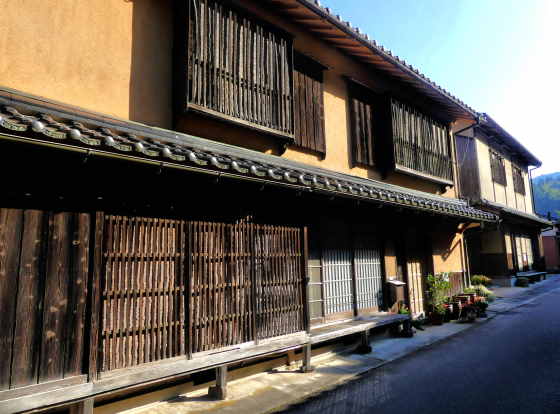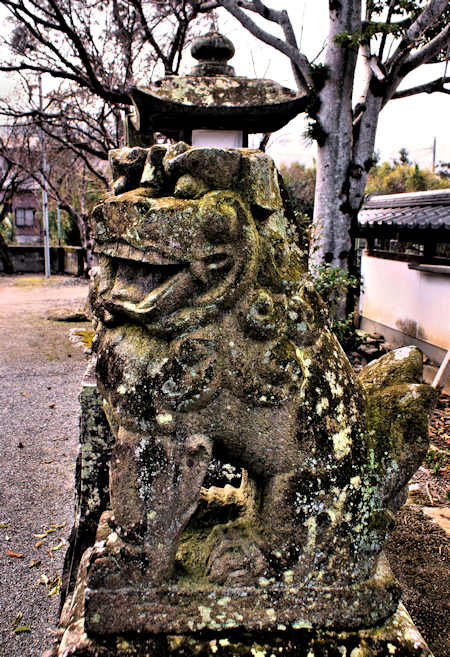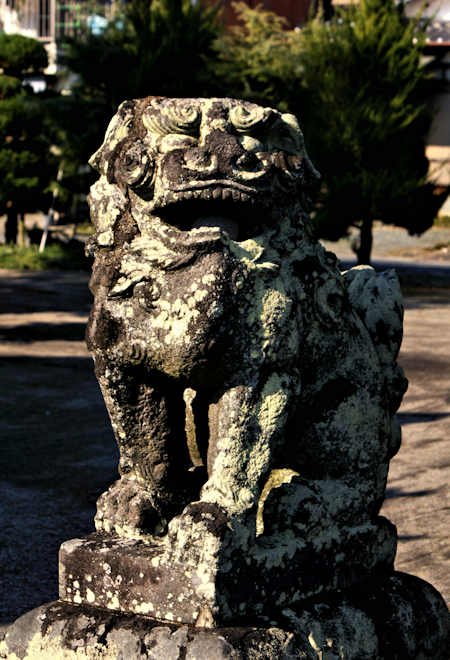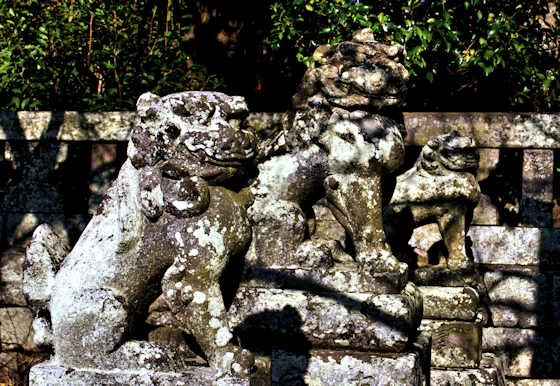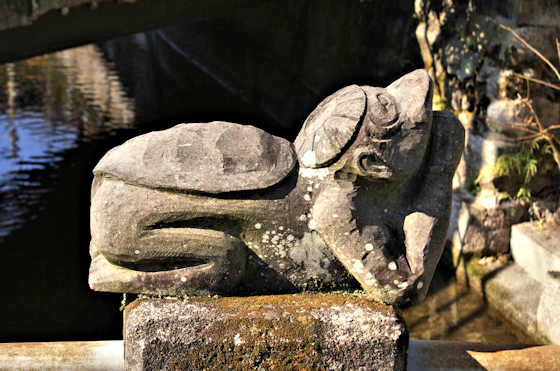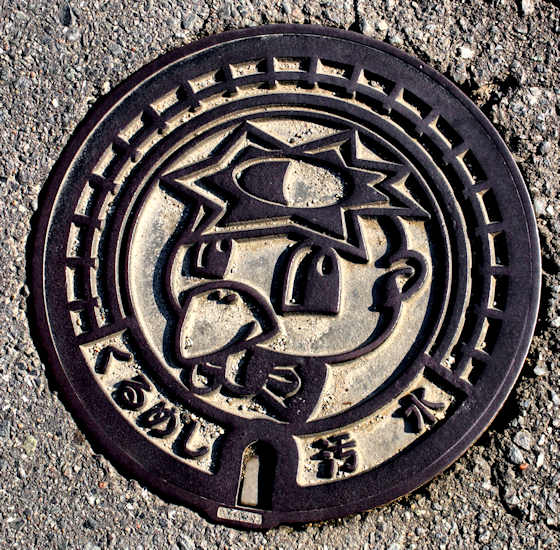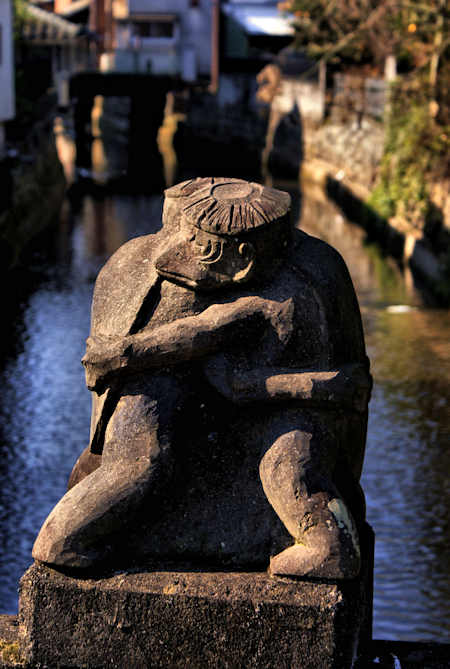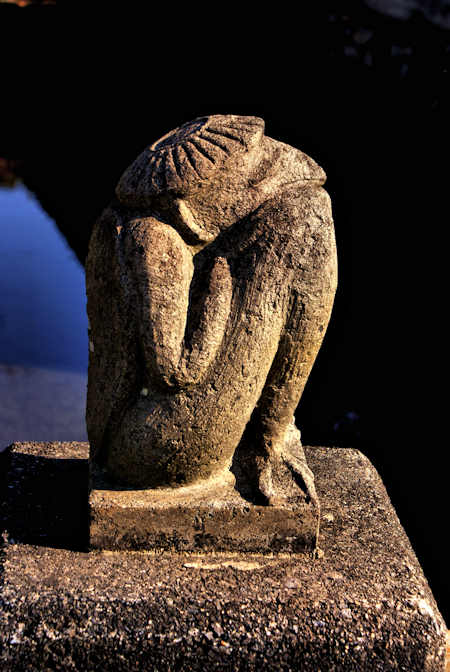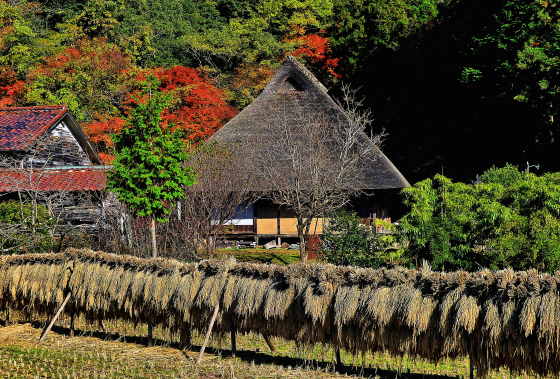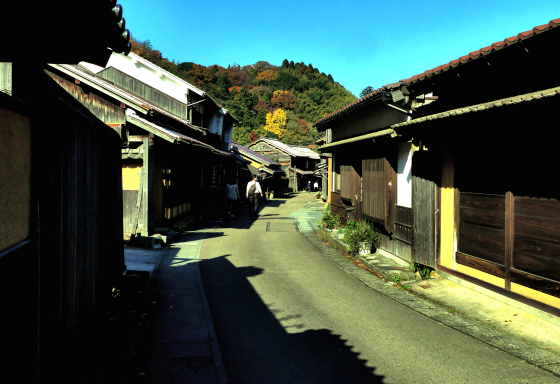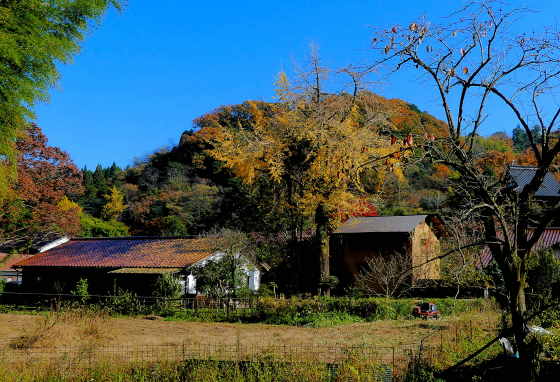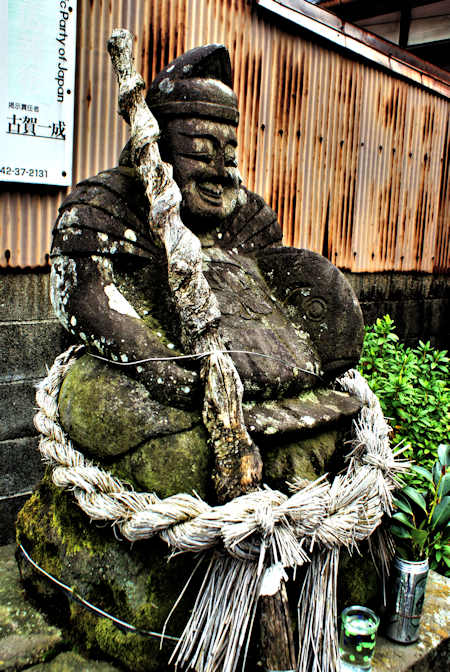Off the beaten track in Japan:- Nature, Culture, History, Spirit, Art....
Friday, December 31, 2021
Omori Historic Preservation District
Wednesday, December 29, 2021
A Gallery of Komainu from the Hita Kaido
The Hita Kaido, the old highway that ran from Kurume to Hita, is also called yamanobenomichi, literally the road that runs along the edge of the mountains.
Many of the komainu pictured here are rather chunky in style
All of them are the stone type, placed usually on the approach to the shrine, rather than the wooden, painted ones found inside.
A large part of my reasons for continuing is because I am trying to catalog my photo collection, so that I can quickly find photos bt subject and topic.
Every post has a collection of tags at the bottom, so for instance if you wanted to see more photos of komainu, you click on the komainu tag.
Sunday, December 26, 2021
Autumn Splendor at Kigami Shrine
November 19th, 2021, the final stop on our local autumn colors day trip was Kigami Shrine.
Friday, December 24, 2021
Kappa of Tanushimaru
Japan Guide
One of the most well-known of the yokai, the kappa is usually translated into English as "water sprite" and is a creature that inhabits rivers, ponds, etc. Legends of kappa are found all over Japan. Nowadays it is often rendered in a "cute" form.
The kappa in the area are depicted in other ways as well as by statues. It is one of the towns that feature them on decorated manhole covers. Our local town also features a kappa, though it is called enko in our area. It is based on a legend from my village and one of these days I will get around to telling it to you.
Kappa throughout Japan have a similar form..... a turtle shell, a beak, webbed feet, and an indented skull with a fringe of hair. I suspect this homogeneity of form began in the Edo period when collections of yokai images were published and then later in the twentieth century at first with the work of folklorist Yanagita Kunio, and then later with the manga and anime works of artists such as Mizuki Shigeru.
I confess to not having done the work to research the actual kappa stories of Tanushimaru.
At the end of the days walk I took the train back to Kurume and was surprised to see the small station of Tanushimaru....
Monday, December 20, 2021
Autumn in Omori
Omori is the most visited of the haf dozen sites that make u the Iwami Ginzan UNESCO World Heritage Site, and is the settlement below the mine where the merchants, samurai, and bureaucrats lived.
Omori is primarily a long, single street alongside a small stream. We started at the top of the village and walked down to the bottom where the most important people lived.
Saturday, December 18, 2021
More Ebisu on the Hita Kaido
A few days ago I posted 7 shots of Ebisu statues I found along the Hita Kaido while walking day 52 of my walk around Kyushu. There were A LOT of Ebisu staties. here are another seven. That was not all I saw in this one day, and if I had gone looking I am sure I would have found even more.
Usually depicted with a Sea Bream tucked under his left arm, ad a fishing rod in his right, this suggests that Ebisu was originally a fishing god, but by the Edo period, when these statues probably date, he was more well known as one of the Seven Lucky Gods.
Among the Seven Lucky Gods, Ebisu is singled out as being the only Japanese god of the seven. He is very often paired with Daikokuten. Originally a Hindu deity, Daikoku is written with the same Chinese characters as Okuni, so he became equated with Okuninushi. Okuninushi's son, Kotoshironushi, is featured in the ancient myths as always fishing, so the two became equated with Daikoku and Ebisu.
The Meiji government cemented this identification when they decided that the head shrine for Ebisu in Japan was to be Miho Jinja. Located in Mihonoseki at the tip of the Shimane peninsula, a site where Kotoshironushi enjoyed fishing.



